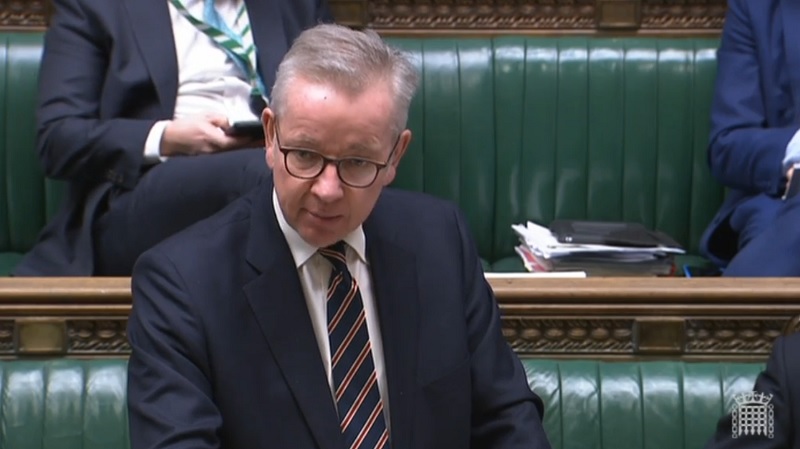More local areas will be given the opportunity to take control of their adult education budget even if they do not have an elected mayor under proposals announced today in the government’s long-awaited levelling up white paper.
Funding for the AEB will be part of a new “devolution framework” which is described as “clear menu of options” to be offered to every part of England.
Nine new “county deals” are set to be negotiated in areas that do not currently have an elected mayor, with the aim of agreeing some by this autumn. The nine areas are: Cornwall; Derbyshire and Derby; Devon, Plymouth and Torbay; Durham; Hull and East Yorkshire; Leicestershire; Norfolk; Nottinghamshire and Nottingham; and Suffolk.
The white paper, launched today by levelling up secretary Michael Gove, also announces negotiations for a new mayoral combined authority deal for York and North Yorkshire.
All areas will be offered control of their AEB, and be expected to provide input into local skills improvement plans which will influence the courses offered by colleges and training providers in each local area.
Over half of the national adult education budget is already devolved to nine mayoral combined authorities in England; Cambridgeshire and Peterborough, Greater Manchester, Liverpool City Region, North of Tyne, South Yorkshire, Tees Valley, West Midlands, West of England and West Yorkshire plus the Greater London Authority.
Currently, these mayors have full control over how to spend their devolved adult education budgets, with the exception of basic skills entitlements.
The government has said it will open negotiations on “trailblazer deeper devolution deals” with the West Midlands and Greater Manchester combined authorities to act as the “blueprint” for other MCAs to follow, with bids for more powers “welcome”. It is not clear whether this could include further devolution of skills funding.
It is also not clear at this stage how much funding will total for each new local area being offered the AEB.
The white paper says the government’s “preferred model” of devolution is one with a directly-elected leader covering a “well-defined economic geography with a clear and direct mandate, strong accountability and the convening power to make change happen”.
However, because this may not suit all areas, the framework sets out a “flexible, tiered approach, allowing areas to deepen devolution at their own pace”.
“By 2030, every part of England that wants one will have a devolution deal with powers at or approaching the highest level of devolution and a simplified, long-term funding settlement,” the white paper said.
There are three levels to the devolution framework:
- Level 3 – A single institution or County Council with a directly elected mayor (DEM), across a functional economic area (FEA) or whole county area
- Level 2 – A single institution or County Council without a DEM, across a FEA or whole county area
- Level 1 – Local authorities working together across a FEA or whole county area e.g. through a joint committee
Only levels 2 and 3 areas will be able to take control of their AEB.

















Your thoughts